As a guest on Wharton's SiriusXM radio channel, APPC postdoctoral fellow Matt Motta (center) discussed findings on climate change beliefs that were published in Climatic Change.
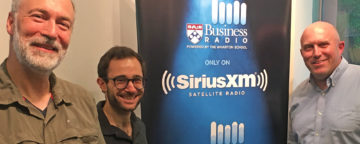
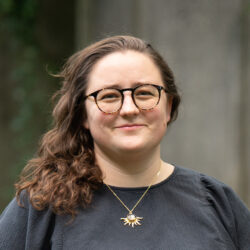

As a guest on Wharton's SiriusXM radio channel, APPC postdoctoral fellow Matt Motta (center) discussed findings on climate change beliefs that were published in Climatic Change.

The Transatlantic Working Group examines how efforts by government and platforms to moderate online content -- and curb hate speech, terrorism, and viral deception -- have been flawed.
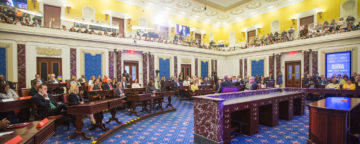
A project by the Boston-based Kennedy Institute to help teachers lead productive classroom talks on difficult policy issues has won the inaugural Leonore Annenberg Institute for Civics Award.

A study of adults based on a two-wave survey finds an association between seeing images of self-harm on Instagram and subsequent self-harm. Most who say they've seen the images report being disturbed by them.
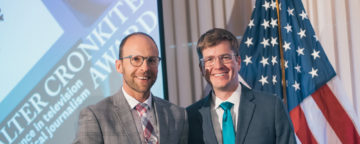
NBC's Denver TV station, KUSA, was presented with the 2019 Cronkite/Jackson Prize for Fact-Checking Political Messages at the Cronkite Awards ceremony in Washington, D.C.
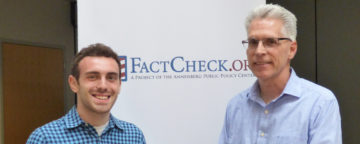
FactCheck.org honored Penn undergraduate research fellow Corey Berman with the inaugural Brooks Jackson Undergraduate Fellowship Award.
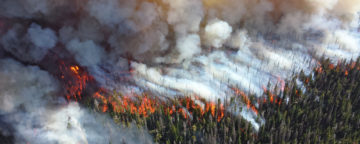
In a new study, APPC researchers found that the percentage of Americans who believe in human-cause climate change depends on what is asked and how.
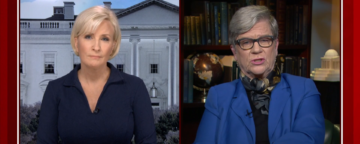
After the release of the Mueller Report, Kathleen Hall Jamieson discussed Russian interference in the 2016 election and the lessons for the news media and social media platforms.
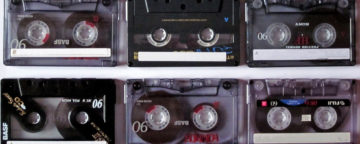
Given the series’ popularity and its potentially harmful effects, researchers at APPC and three other institutions conducted a study to more fully understand the effects of the show through a survey of U.S. young adults, ages 18 to 29, before and after the May 2018 release of its second season.
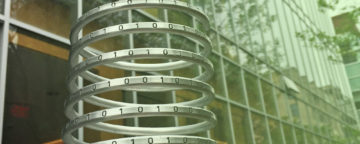
For the sixth straight year, FactCheck.org won the Webby Award as the best news and politics site from the International Academy of Digital Arts and Sciences.